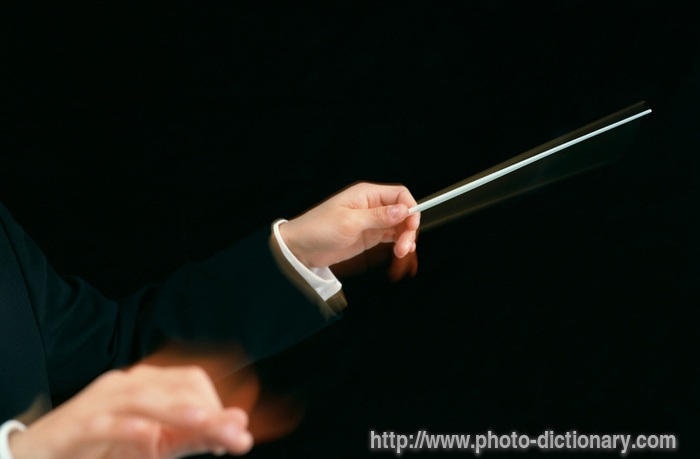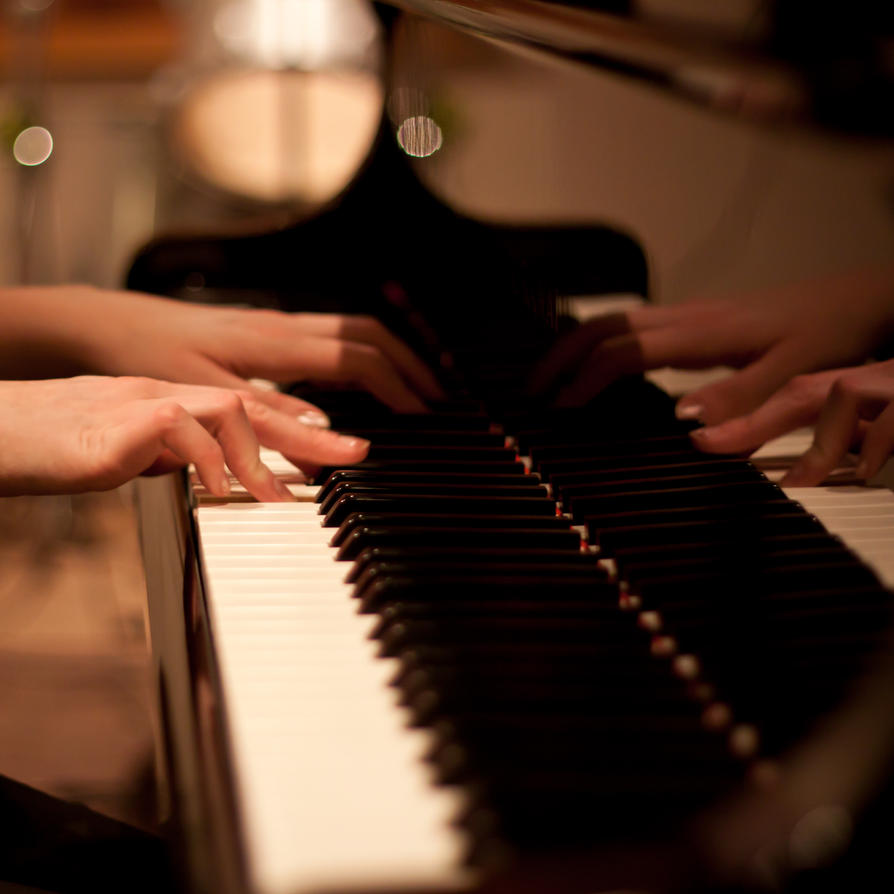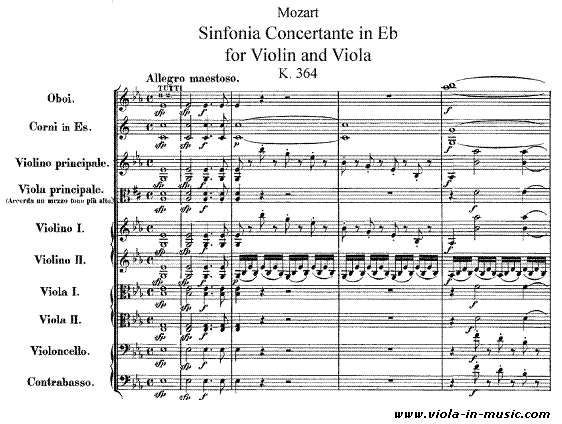 |
| 2013 Best Motion Picture Score! |
Escape From Planet Earth, by Aaron Zigman-6.5/10
Did it fit the movie? Yep, definitely. Space adventure + kids movie = lots of high brass, tons of percussion, and a strong epic melody line that keeps coming up over and over again. In certain areas, it sounds VERY similar to the score for the 2009 Star Trek movie, although there were some strange things I heard that I didn't expect, like harmonicas and heavy metal guitar.
Did it make me feel something? At some parts, yes, some parts no. I had a hard time relating to the main melody because it sounded like every other space adventure/kids movie theme I've ever heard. There were moments, however. Zigman's use of piano and strings is one of the things I really like about him. He'll have this grand, loud melody playing with a bazillion things going on, and then suddenly, there'll be nothing left but a delicate piano line and strings. This happened all the time on his score for Mr. Magorium's Wonder Emporium (where he collaborated with Alexandre Desplat), another children's film. I hear that same style again here, and every time it happens, my heart melts :) See tracks like "Let's Go Home" or "Scorch Goes to the Dark Planet." Also, the "Family Theme" is absolutely beautiful.
Was it original? Hm. Yes and no. The harmonica use, the heavy metal guitar, and the piano definitely made this score Zigman's own, but I couldn't shake the feeling that this score sounded like Star Trek.
Did I like it? Again, yes and no. No because of the weird Star Trek deja vu. Yes, because I love piano and strings and surprise instruments and strong melodies, and this score contains all of those things. Purchasing suggestion? Listen on Spotify or Youtube before buying any tracks. The 1:30 preview iTunes or Amazon gives you is definitely not enough to show you everything that's going on in the track, because it could change super quickly! So listen, then if you love, then buy! Support these artists!
Now, scores for March! Because Oscar season is over, we have quite a few!

-Jack the Giant Slayer, by John Ottman
-Stoker, by Clint Mansell
-The Croods, by Alan Silvestri
Olympus has Fallen,
by Trevor Morris
The Host, by Antonio Pinto
Oz the Great and Powerful, by Danny Elfman
(I totally guessed Elfman was going to score this movie btw-definitely fits with his style)
There would be even more on this list if I included movies that come out in March, but have score releases in April! I guess I've got a lot of listening to do this month!
That's all I have for you this week-check back next week for Composer of the Month. I have NO idea who I'll pick yet, so I should probably get on that :) Comment below with your thoughts on the Oscars and if you thought the right composer won or not!



















